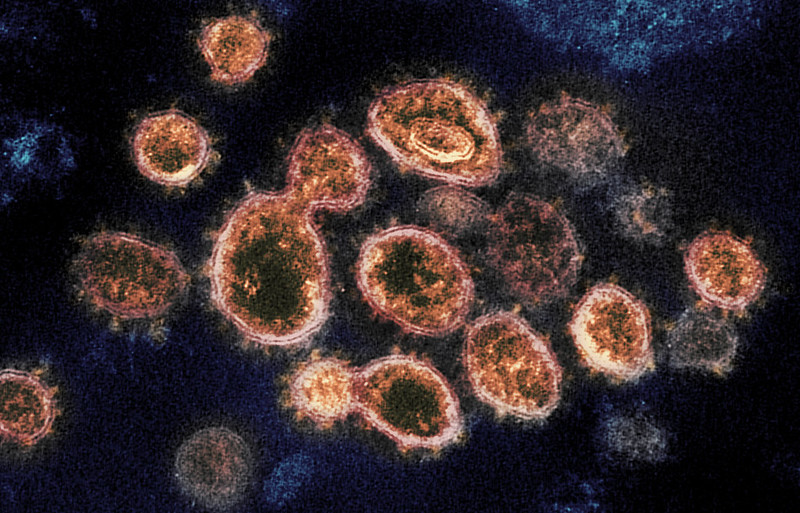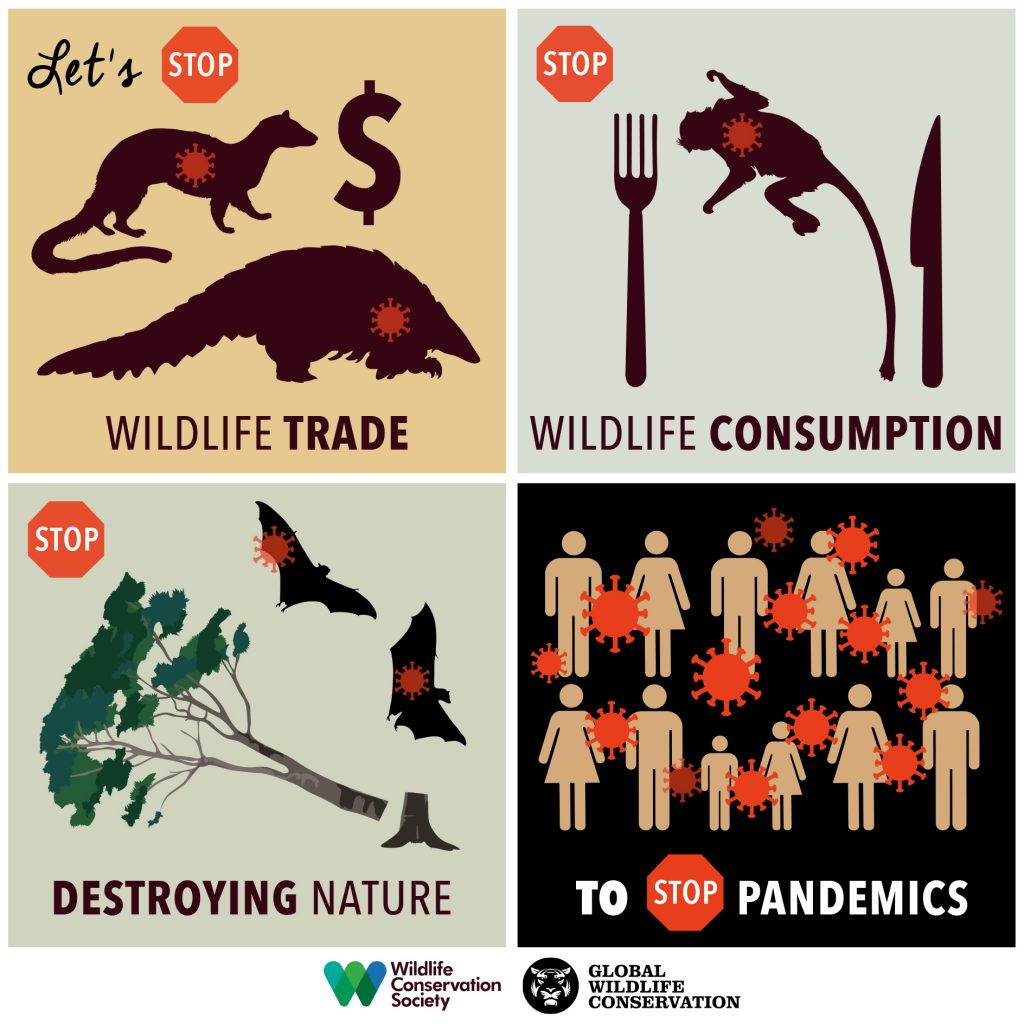Hope in the time of Corona

March 24th, 2020
Could the frightening pandemic now raging be a catalyst initiating the behavioural and economic changes necessary to offset the profound danger to humanity which climate and ecological disruption threatens?
This is a question that I have been asking myself from the frontline of this crisis alongside my colleagues in the health service.
I genuinely believe it is possible that, in the wake of Covid-19, humanity will see more clearly what is necessary to save the only known space in the universe which can sustain human life. We are already witnessing an empowering collectivism like no other. There are decades when nothing happens, and weeks when decades happen.
Before Covid-19 struck, everyone knew that monumental behavioural and economic changes were needed to prevent runaway climate change but action to date is very clearly insufficient.
Today’s new social spirit is forcing a rapid reassertion of humanity’s core priorities; it is now accepted that the preservation of life is more important than economic growth. Will the existential threat of climate crisis now be perceived in terms similar to the current pandemic?

Glaring contrast
There is a glaring contrast between the respect accorded to science in guiding us through this COVID-19 crisis and the general disregard that over 30 years of climate science has endured.
The approaching massive economic contraction is an opportunity and a danger. We will need to challenge the historical tendency to fixate on rapid return to growth at all costs. Economies have always recovered from recessions in more carbon intensive forms.
It is likely that massive Keynesian state intervention will be employed to rebuild economies. This likelihood prompts the question – why can’t we intervene to mitigate the climate and ecological emergency? Why can’t we make the return to growth low carbon?
Neoliberalism’s failings were already exposed before COVID-19 and this process will probably be accelerated now. Widely accepted political stances of recent times, such as the rejection of multilateralism, suddenly seem trite and naive. The truth of an old wisdom has come back into focus – if we do not hang together, we will certainly hang separately.
Naomi Klein notes that moments of shock are extremely volatile, we both lose a lot of ground and get fleeced by elites or we win progressive victories. It depends on the mood at the time. I believe the global sentiment today is different from that during the 2008 economic crisis. We are already beginning to witness a big battle of ideas.
The necessity of a society where public healthcare and social safety nets exist has never been more evident. It is possible this time that the financial cost of the crisis will not be dumped on the poor. However, it may be more difficult to ensure the trillions spent to stimulate recovering economies have crucial environmental considerations at their core.
The last year saw a vital shift in public awareness and anxiety about the climate crisis. This led to increased engagement and commitments by business and government. There will be an inevitable temptation by vested interests to disengage and renege on promises made as the world reels in shock. The challenge for green forces is to ensure that momentum and progress on climate is not just maintained but accelerated.

Nature encroachment and COVID19
Many people now feel that the assault on the natural world and the Corona crisis are not entirely unrelated. Shrinking wilderness, annihilation of ecosystems and the relentless encroachment of mankind on nature are not without their consequences. Transmission of viruses from animals to humans has always occurred.
However, some scientists believe habitat and biodiversity loss coupled with population growth means that we are creating conditions where disease transmission is more likely. This will warrant serious reflection post-Corona as the emerging discipline of planetary health highlights the many way in which the health of ecosystems and humans are interdependent.
One must exercise caution in reaching conclusions about the trajectory of this pandemic and novel coronavirus. I suspect the horrors we’re witnessing in northern Italy will soon be repeated elsewhere. As health workers scramble to save lives we can see that positivity is a crucial driving force in crisis.
The effects of Asian public health policy are encouraging. It is clear the world will be vastly more prepared for future pandemics. Vaccinations will be developed enabling what epidemiologists call herd immunity. But one thing is certain, when the current crisis passes, the world will be a changed place. The battle to shape that change cannot be delayed.
The concern now is to protect our population from unnecessary deaths. Embracing the advice of the WHO and their values of cooperation and openness is crucial and will preserve life. Inaction kills.
But once the virus is controlled the question will be whether the new global social consciousness can be employed to halt the environmental apocalypse we can already see on the horizon.
By Patrick Earls
Patrick Earls is a frontline doctor currently working in an acute hospital. He is longstanding activist with Greenpeace UK and more recently XR and Irish Doctors for the Environment.







